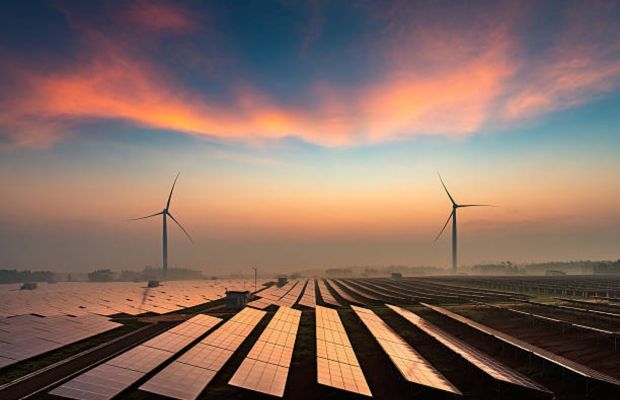Bilateral trade between the Gulf Cooperation Council (GCC) and Africa has been on a steady rise, growing by eight percent annually over the past decade, according to a recent study. The Economist Intelligence Unit (EIU) report highlights a significant surge in trade value in 2021, reaching a record high of $154 billion in 2022. This surpasses trade volumes with major partners like the US and India, and narrows the gap with China and western Europe.
The GCC’s investments in Africa have also been substantial, exceeding $100 billion over the past ten years, with a notable focus on sectors like oil and gas, mining, and agriculture. Greenfield foreign direct investment (FDI) announcements from GCC countries in Africa reached a record $60 billion in 2022, indicating a growing interest in expanding their presence on the continent.
Key GCC states, particularly Saudi Arabia, the UAE, and Qatar, are leading investors in Africa, with a keen interest in sectors such as transport infrastructure, logistics, renewable energy, and technology. The UAE, for instance, has taken significant steps in developing partnerships with African ports and investing in transport and logistics companies across the continent.
Food security concerns have also driven GCC investments in African agriculture, with agreements for long-term land leases in several countries. Despite local apprehensions, GCC states continue to explore opportunities in this sector as part of their long-term development plans.
In line with global trends, GCC states are increasingly focusing on renewable energy projects in Africa, including solar and green hydrogen initiatives. Additionally, the information and communications technology (ICT) sector presents significant investment potential, aligning with GCC diversification strategies.
African markets are seen as promising by GCC investors, especially amidst uncertainties surrounding Chinese loans and Western aid. The speed and flexibility of GCC finance further enhance its attractiveness for African partnerships.


